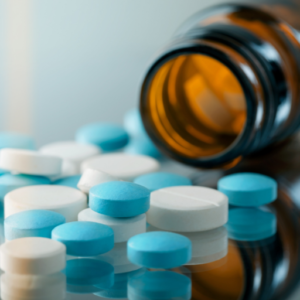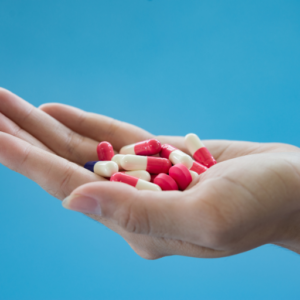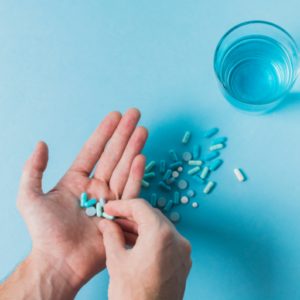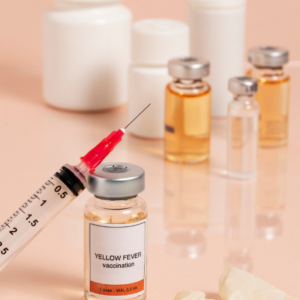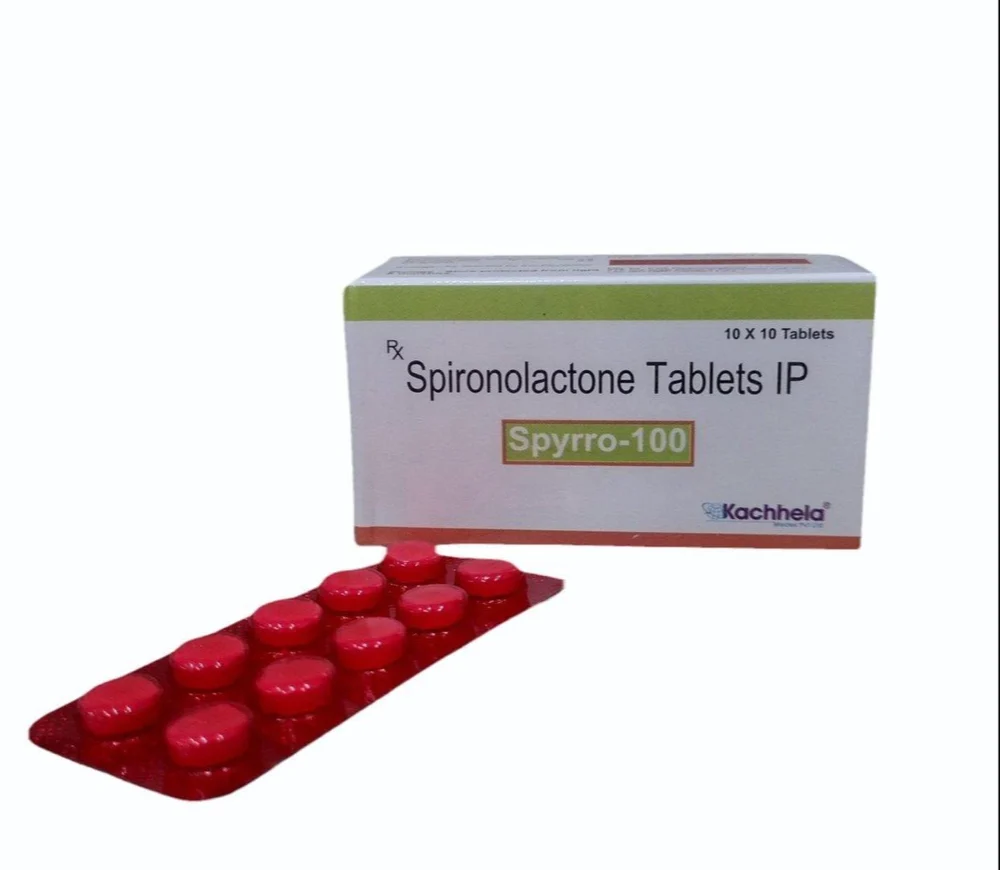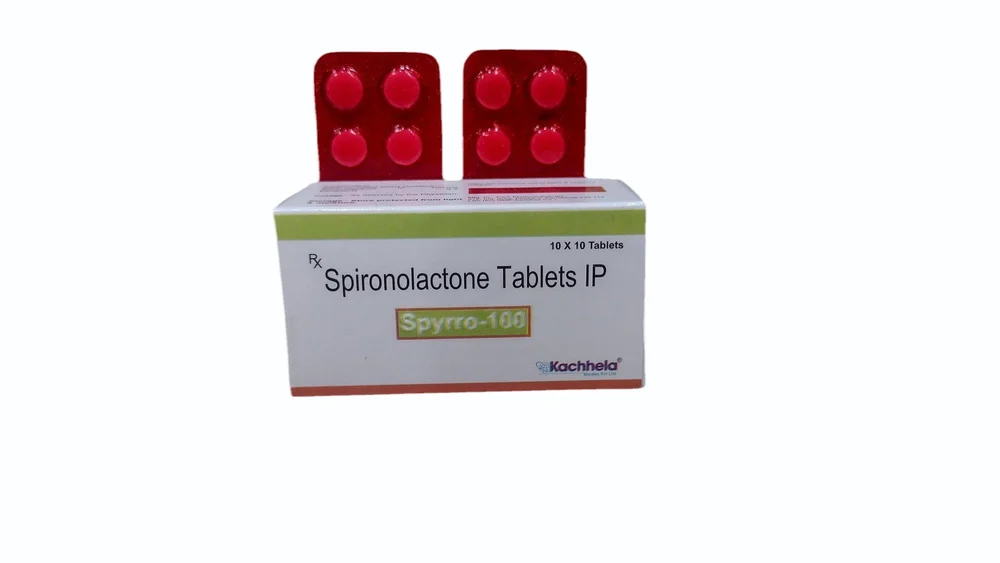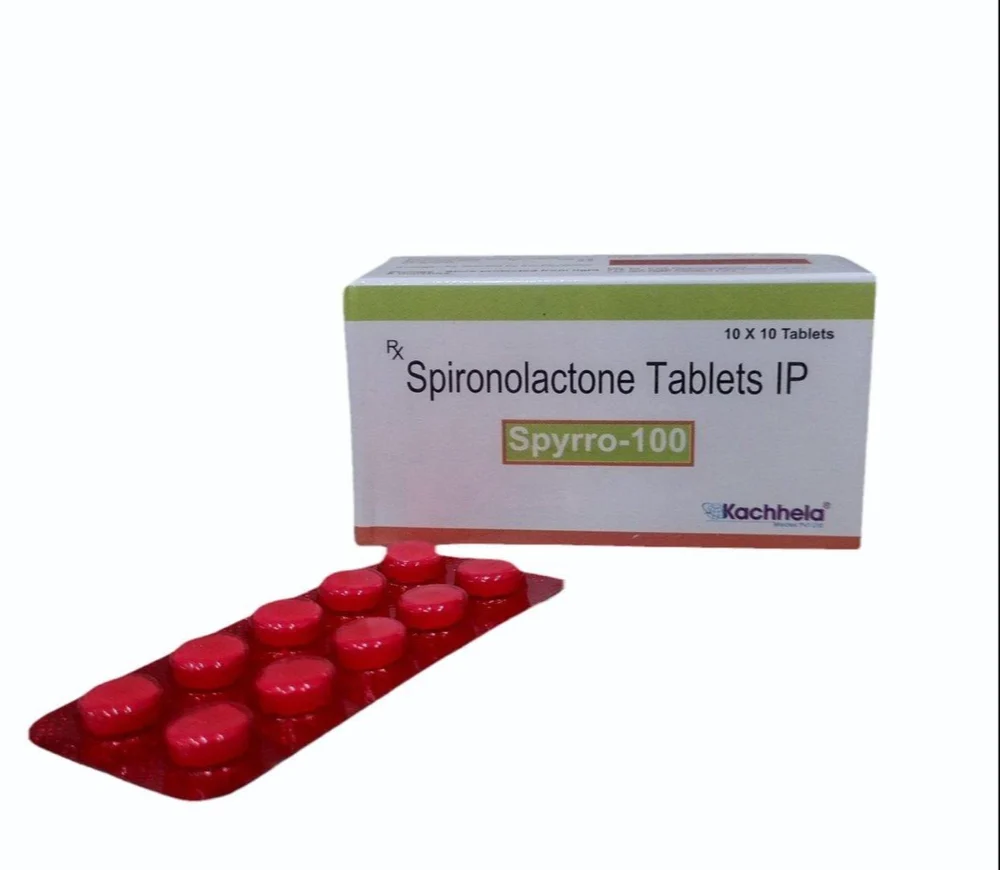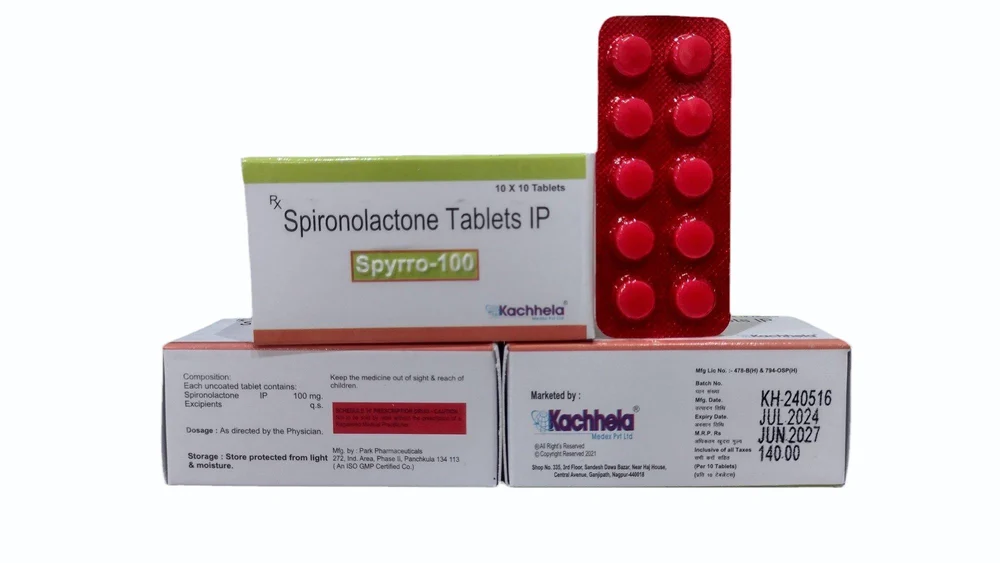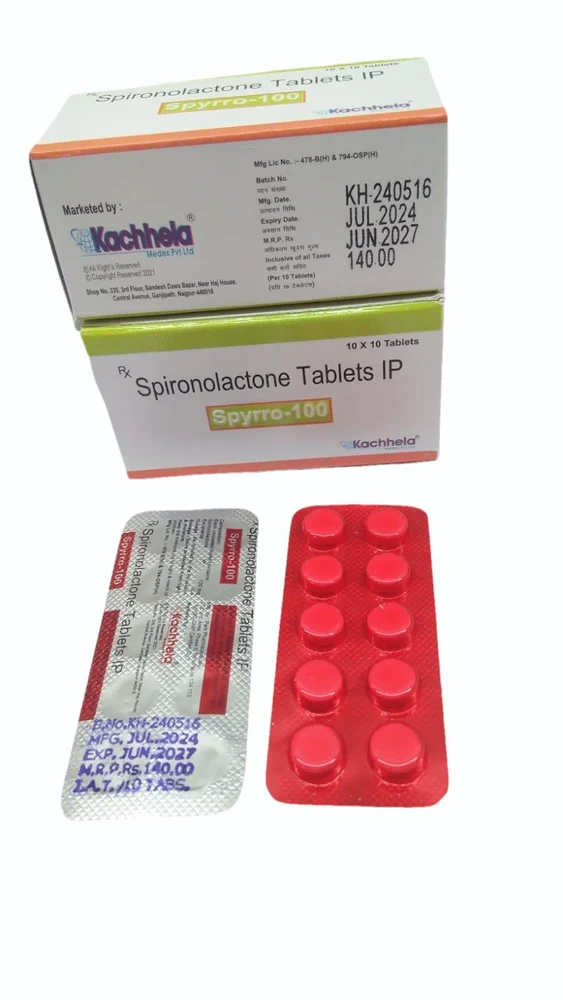SPYRRO-100mg
| Package | Per tablet | Savings | Price |
|---|---|---|---|
| 180 tablets | $0.37 | $21.2 | $88.2 $67 |
| 150 tablets | $0.38 | $16.5 | $73.5 $57 |
| 120 tablets | $0.39 | $11.8 | $58.8 $47 |
| 90 tablets | $0.41 | $7.1 | $44.1 $37 |
| 60 tablets | $0.43 | $3.4 | $29.4 $26 |
| 30 tablets | $0.5 | – | $14.7 |
What is this medicine?
SPIRONOLACTONE is a potassium-sparing diuretic and aldosterone antagonist. This medicine is used to treat high blood pressure, heart failure, and fluid retention (edema) caused by various conditions, including liver cirrhosis and nephrotic syndrome. It is also used to treat conditions of excess aldosterone, such as primary hyperaldosteronism. In some cases, it may be used for hormonal acne or excessive hair growth (hirsutism) in women.
What should I tell my health care provider before I take this medicine?
They need to know if you have any of these conditions:
-
Addison’s disease (adrenal gland disorder)
-
Kidney disease or if you are not passing urine
-
Liver disease
-
High levels of potassium in the blood (hyperkalemia)
-
Low sodium levels
-
Heart disease or irregular heartbeat
-
If you are on a low-salt or high-potassium diet
-
An unusual or allergic reaction to spironolactone or other medicines
-
Pregnant or trying to get pregnant
-
Breast-feeding
How should I use this medicine?
Take this medicine by mouth with food to reduce stomach upset. Take your doses at regular intervals. Do not take your medicine more often than directed. Do not stop taking this medicine except on the advice of your doctor or health care professional.
Overdosage: If you think you have taken too much of this medicine, contact a poison control center or emergency room at once.
What if I miss a dose?
If you miss a dose, take it as soon as you can. If it is almost time for your next dose, take only that dose. Do not take double or extra doses.
What may interact with this medicine?
-
ACE inhibitors (e.g., enalapril, lisinopril)
-
ARBs (e.g., losartan, valsartan)
-
Potassium supplements or salt substitutes containing potassium
-
Other diuretics (especially potassium-sparing ones)
-
NSAIDs (e.g., ibuprofen, naproxen)
-
Lithium
-
Digoxin
-
Trimethoprim
-
Heparin
-
Eplerenone
This list may not describe all possible interactions. Give your health care provider a list of all the medicines, herbs, non-prescription drugs, or dietary supplements you use. Also tell them if you smoke, drink alcohol, or use illegal drugs. Some items may interact with your medicine.
What should I watch for while using this medicine?
-
Visit your doctor or health care professional for regular checks on your progress.
-
You may need blood tests to check your kidney function and potassium levels.
-
Monitor your blood pressure regularly as directed by your doctor.
-
Avoid driving or operating machinery until you know how this medicine affects you.
-
Do not stand or sit up quickly, especially if you are an older patient. This reduces the risk of dizziness or fainting spells.
-
Avoid alcohol, as it may enhance dizziness or lightheadedness.
-
Avoid salt substitutes and potassium-rich foods unless directed otherwise.
-
Inform your doctor if you are pregnant or planning to become pregnant.
-
Let your doctor know if you experience nausea, vomiting, diarrhea, or excessive sweating, as these can affect electrolyte balance.
What side effects may I notice from this medicine?
Side effects that you should report to your doctor or health care professional as soon as possible:
-
Allergic reactions like rash, itching, or swelling of the face, lips, or tongue
-
Muscle cramps or weakness
-
Irregular or slow heartbeat
-
Breast enlargement or tenderness (especially in males)
-
Severe fatigue
-
Confusion
-
Difficulty breathing or swallowing
-
Numbness or tingling
-
Unusual bleeding or bruising
Side effects that usually do not require medical attention (report to your doctor or health care professional if they continue or are bothersome):
-
Headache
-
Nausea
-
Drowsiness
-
Increased urination
-
Stomach upset
-
Menstrual irregularities
This list may not describe all possible side effects.
Where should I keep my medicine?
-
Keep out of the reach of children.
-
Store at room temperature between 20 and 25 degrees C (68 and 77 degrees F).
-
Protect from moisture.
-
Throw away any unused medicine after the expiration date.




